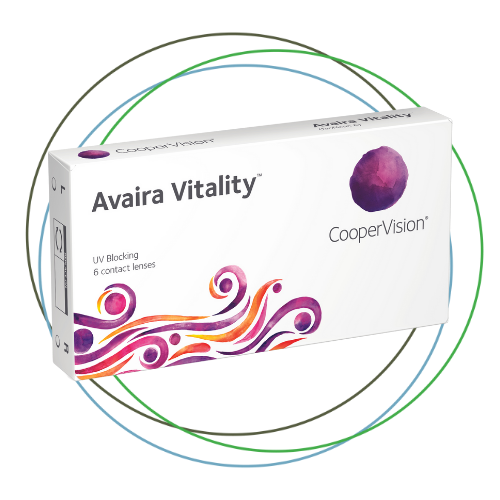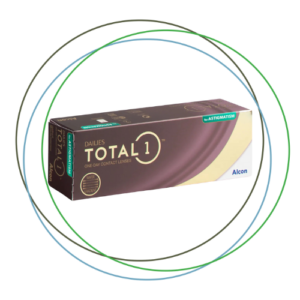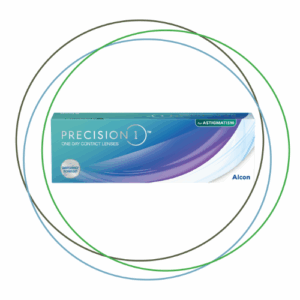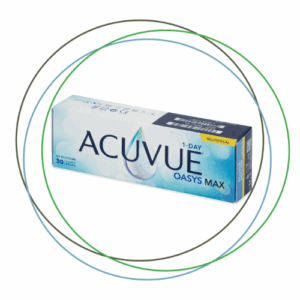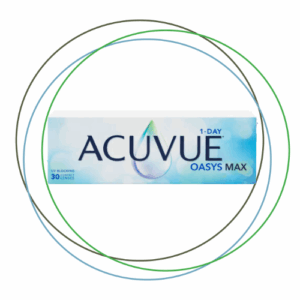Avaira Vitality 6 Pack
R495.00
VAT included. Shipping calculated at checkout. Free shipping for orders more than R850.
 Pay over 3 EQUAL zero-interest
instalments of R165.00 with PayJustNow.
Pay over 3 EQUAL zero-interest
instalments of R165.00 with PayJustNow.
Find out how...
HOW IT WORKS
PayJustNow allows you to pay for your purchase over 3 payments with 0% interest and no fees. Pay a third at checkout and you get your goods as if you have paid in full. The remaining two instalments are debited on your specified instalment date.

Browse online or in-store and proceed to check-out

Choose PayJustNow as your payment method
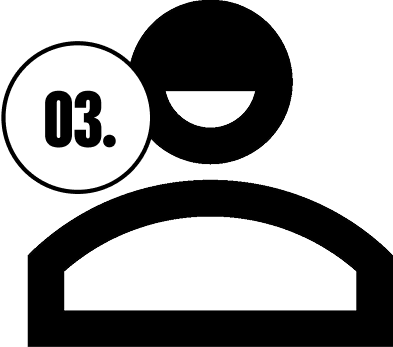
Create your account and get an instant approval decision

Complete your transaction
WHAT YOU WILL NEED

BE OVER 18
YEARS OLD

BE AN SA
RESIDENT

HAVE A DEBIT OR
CREDIT CARD

HAVE A VALID
EMAIL ADDRESS
0% INTEREST. 3 PAYMENTS. NO STRESS.
WHY PAY ANY OTHER WAY?
In cases where the product is not available from the supplier and is placed on ‘Back order’ delivery can take up to 6 weeks.
